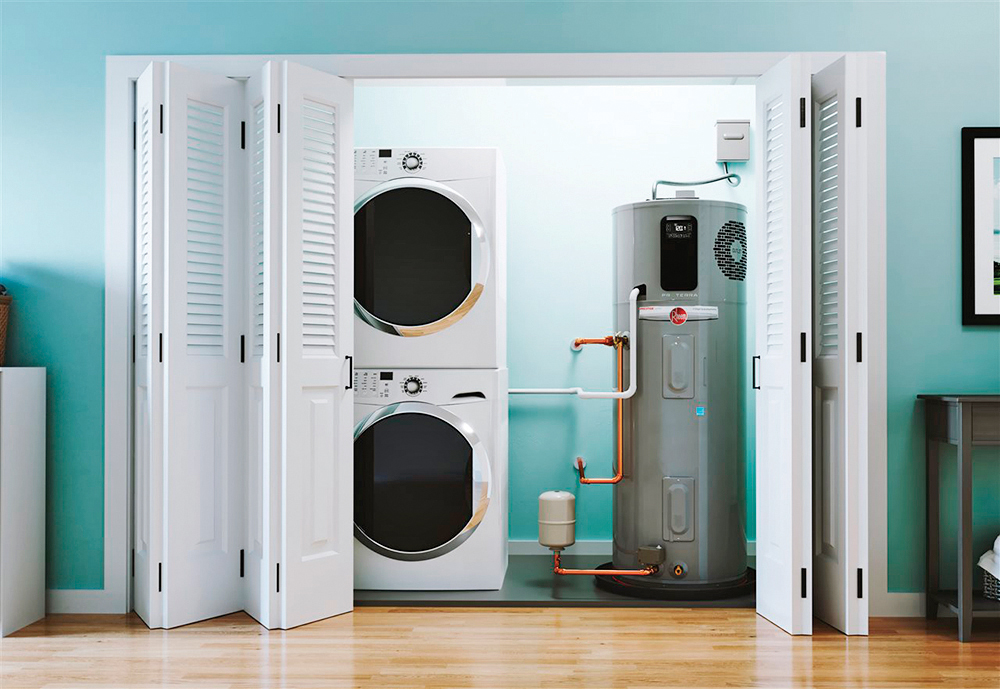(BPT) American homeowners may not realize that their water heater accounts for roughly 13% of annual residential energy use. Recently, the Department of Energy (DOE) passed new water heater efficiency standards that will help save approximately $7.6 billion and reduce more than 332 million metric tons of carbon emissions.
The federal-level Inflation Reduction Act passed in 2022, along with a variety of state and municipal programs, which can be found through tools such as Rheem®’s Rebate Finder website, offers rebates and tax incentives to make it easier to upgrade to more energy-efficient models.
Whether you are looking for a heat pump water heater or a more conventional option, here are steps to help identify the ideal water heater for any home.
Assess Your Hot Water Needs
Keep in mind the number of people in the home and estimate hot water usage (in gallons) for activities like showering, dishwashing, laundry and cooking. Identify peak usage periods such as mornings and evenings when the demand for hot water likely increases and consider available energy sources.
Choose the Right Type of Water Heater
Each category of water heater has its own set of unique advantages. Selecting the right one depends on each household’s specific needs, budget and space availability. Rheem® offers a full line of heat pump, tank and tankless water heaters, each designed to meet the demands of diverse homes and occupants while providing long-term savings.
With three primary types of water heaters, here’s what each style has to offer.
Heat pump water heaters (HPWH): These units use electricity to move heat from the air to heat the water, making them significantly more energy-efficient than conventional electric water heaters. Benefits include lower environmental impact due to their high efficiency. These units also provide savings on energy bills. In fact, by upgrading to a more efficient heat pump water heater, the average homeowner savings could reach $1,800 over the appliance’s lifetime, with more advantages for renters and low-income households. All of these features make HPWH’s a cost-effective option for the long-term.
Conventional storage tanks: Available in electric, propane and natural gas options, these units can store a large volume of hot water in a tank that is ready for use at any time and maintain it at a set temperature until needed. Features include a lower initial install cost and the ability to provide hot water during power outages (for gas models). Keep in mind that tank-type options require more floor space than a tankless water heater and use energy to replace heat losses from the tank.
Tankless water heaters: Also known as “instantaneous” or “on-demand” water heaters, tankless models are available in natural gas, propane and electric – and heat water only when it is needed. Tankless technology does not store hot water, rather it heats the water as it passes through the unit, providing a continuous supply of hot water. These units are much smaller than conventional tanks, which helps to save space. Homeowners will see long-term benefits while saving on energy bills, as energy isn’t wasted on maintaining hot water. Heating water instantaneously requires high energy consumption for a short period of time, so a review of the home’s existing electrical or gas systems to ensure they are compatible with the chosen model is recommended.













